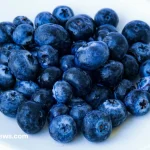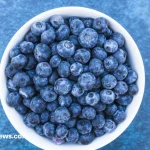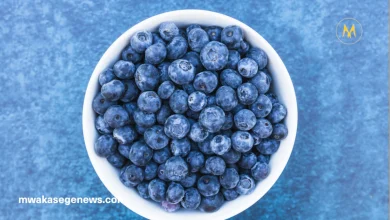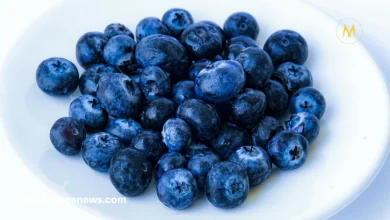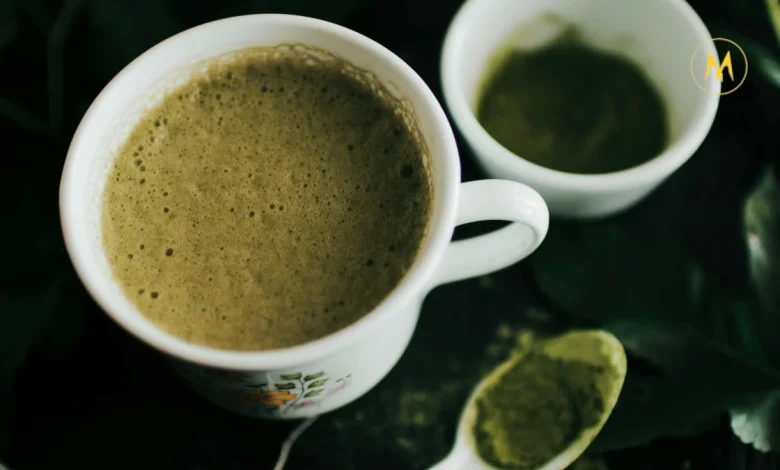
Introduction
Matcha tea has become a global sensation, especially among health-conscious individuals. This vibrant green powder is more than just a trendy drink. It delivers a powerhouse of nutrients, antioxidants, and natural energy. Originating from Japan, matcha has found its way into modern wellness routines for good reason.
In this post, we’ll explore the key health benefits of matcha tea, why it stands out from regular green tea, and how it can improve your daily life.
What Is Matcha Tea?
Matcha is a finely ground powder made from specially grown green tea leaves. Unlike regular tea, where you steep the leaves and discard them, matcha lets you consume the entire leaf. This means more antioxidants, more nutrients, and greater health impact.
Traditionally used in Japanese tea ceremonies, matcha has now become a global favorite. You’ll find it in lattes, smoothies, desserts, and skincare products.
1. Rich in Antioxidants
Matcha is loaded with catechins, a class of plant compounds that act as natural antioxidants. One specific catechin, EGCG (epigallocatechin gallate), is known for its cancer-fighting and anti-inflammatory properties.
These antioxidants help neutralize harmful free radicals in the body, supporting cellular health and slowing aging.
ALSO READ: How to Make Delicious Snack Wraps Everyone Will Love
2. Natural Energy Boost (Without the Crash)
Unlike coffee, matcha releases energy slowly due to its combination of caffeine and L-theanine. This creates a calm alertness without jitters or a sudden crash.
Many people replace coffee with matcha to maintain steady focus throughout the day.
3. Supports Brain Function
Matcha promotes mental clarity and concentration. L-theanine enhances alpha brain waves, which are linked to relaxation and focused thinking.
Studies show that matcha may improve memory, attention, and cognitive speed.
4. Aids in Detoxification
Matcha contains chlorophyll, a natural detoxifier that helps cleanse the body of heavy metals and toxins. Because matcha uses whole leaves, it offers a higher chlorophyll content than most other teas.
Drinking matcha regularly can support a gentle daily detox process.
5. Boosts Immune System
Matcha tea is rich in vitamins C, A, and E. These nutrients help strengthen the immune system and protect against infections.
It also has antibacterial properties that support overall health and well-being.
6. Helps Burn Calories
Research suggests that matcha can enhance fat burning and increase metabolism during exercise. This makes it a favorite among those seeking healthy weight loss support.
Drinking matcha before workouts may help improve endurance and calorie burn.
ALSO READ: Easy Homemade Snack Wraps: Quick Recipes for Busy Days
How to Prepare Matcha Tea
To enjoy matcha, you only need a small amount:
- Use 1 teaspoon of matcha powder.
- Add a few drops of hot (not boiling) water.
- Whisk with a bamboo whisk (chasen) until frothy.
- Add more water or milk for a latte.
Matcha has an earthy, slightly sweet taste. You can adjust its strength and add honey or milk based on preference.
Final Thoughts
Matcha tea is more than just a trend. It’s a functional beverage packed with science-backed health benefits. From boosting energy to supporting brain health, detox, and immunity, matcha can be a daily ally in your wellness routine.
Whether you sip it as a latte or mix it in your smoothie, this green superdrink earns its reputation. Make matcha a part of your lifestyle and feel the difference.
Frequently Asked Questions
Yes. Since you consume the whole leaf in matcha, you get more antioxidants and nutrients than regular steeped green tea.
Absolutely. In moderate amounts (1–2 servings daily), matcha is safe and beneficial for most people.
It contains caffeine, so consuming too much may lead to headaches or insomnia. Stick to recommended servings.
Morning or early afternoon is ideal. It gives a clean energy boost without disturbing your sleep.
It’s best to consult a doctor. Matcha has caffeine, so intake should be limited during pregnancy.

